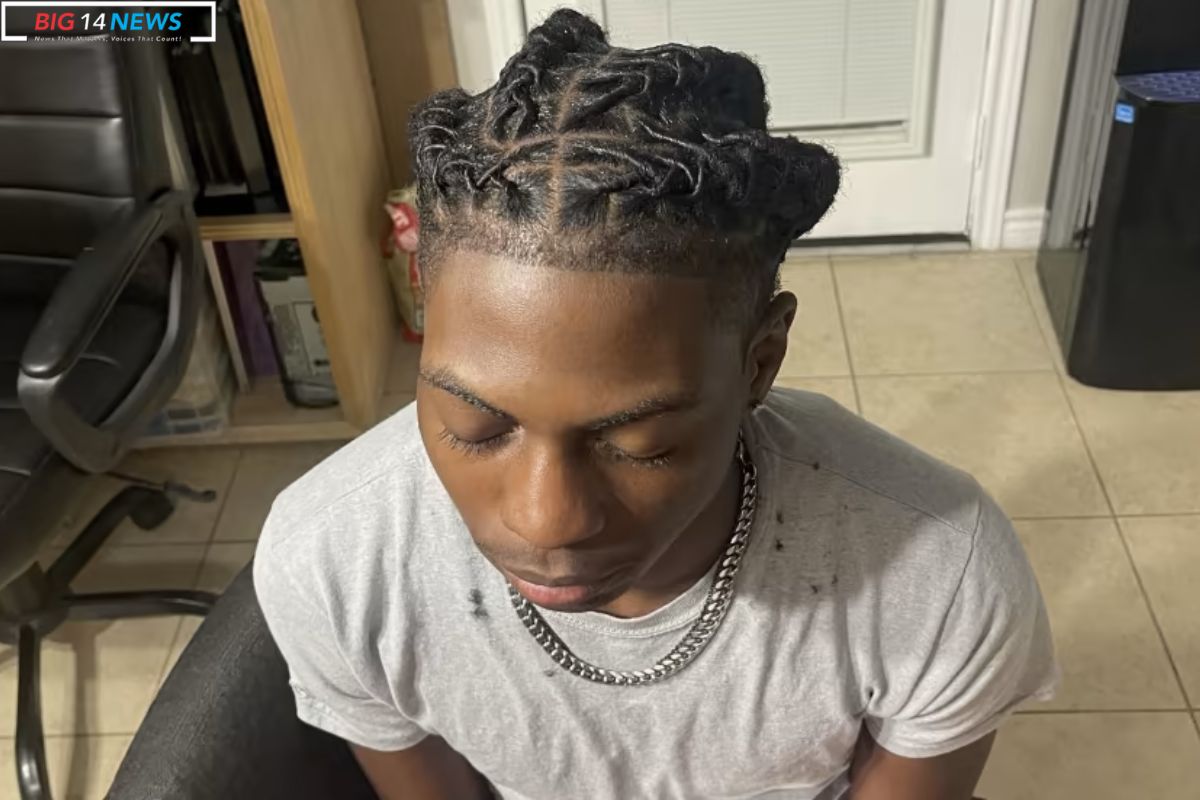Tackling Hair Discrimination: In the same week as the Mont Belvieu accident, hair discrimination was outlawed, a historic step. Darryl George, a 17-year-old Barbers Hill High School student, faced expulsion for breaking the dreadlock rule. Business schools should tackle hair bias.
Darryl has ideas. A man proudly shows his culture with dreadlocks. No hairstyles are allowed in school. This hinders kids from describing themselves.
Texas passed the CROWN Act. End hair discrimination. Like 24 other states, it was a significant move. The CROWN Act stops fines or mistreatment for hairstyles like braids, dreadlocks, Afros, twists, or Bantu knots.
Darryl’s story focuses on teaching and helping. There are ways to use the CROWN Act. This can lead to cases like Darryl’s, where a student’s personality doesn’t match school rules.
Darryl and his family wear dreadlocks to honor their past and express their identity. This haircut is religious and culturally significant. They think their hair reflects their individuality and strength. People in the African diaspora use haircuts to express identity and lifestyle.
After slavery, African Americans used hairstyles to express and resist. Even after the Civil Rights Act of 1964, black people were still mistreated for not meeting white beauty standards.
Darryl thinks there is hair-based racism in schools, companies, and society. Fairness and understanding are improving, but more work is needed.
Darryl’s story supports young Black people facing unfair dress rules and hurtful comments about their hair. Their fight shows dedication to fighting stereotypes and biases and promoting an inclusive culture that respects personal choices and cultural diversity.
When Darryl returns to school with tied hair, people are curious. Will the school prioritize the unity or cultural significance of his haircut? Due to current circumstances, it’s hard for him to excel in school and enjoy his free time.
Darryl’s family thought about changing schools, but it would be hard. Kids have difficulties. It’s a battle for acceptance, respect, and embracing differences.
The CROWN Act was progress, but the fight against hair-based unfair treatment continues. Darryl’s story is about culture, self-acceptance, and appreciating everyone, regardless of hairstyle. Young people like Darryl unite for their rights.
Our Reader’s Queries
How can I stop hair discrimination?
Establish Firm Policies: Develop and share a policy that supports and celebrates natural hair textures and styles while also forbidding racial discrimination. Any health and safety-related policies, like the requirement to tie up or cover hair, should be applied uniformly to all hair types and styles.
What states have hair discrimination laws?
California, Colorado, Connecticut, Delaware, Louisiana, Maine, Maryland, and Nebraska have all joined Massachusetts in enacting CROWN laws.
Can your boss tell you how do you wear your hair?
Workers are permitted to sport their natural hairdos, like locks, twists, and braids, at their job without concern for any negative consequences. These specific styles are safeguarded by the law.
Why is curly hair discriminated against?
Curly hair discrimination is not simply about the hair; it’s about race. Since the 17th and 18th centuries, when slaves were brought to America, curly hair has been labeled as “bad” in European society because it is linked to Black people and African Americans.

